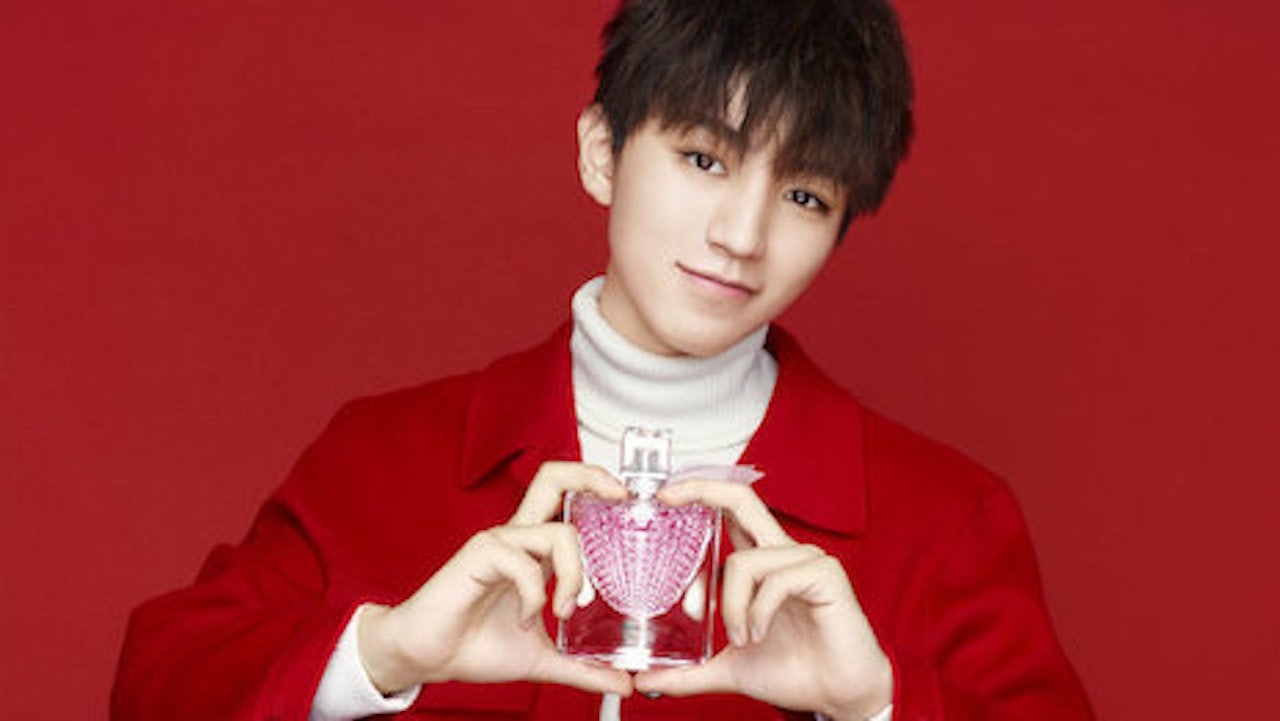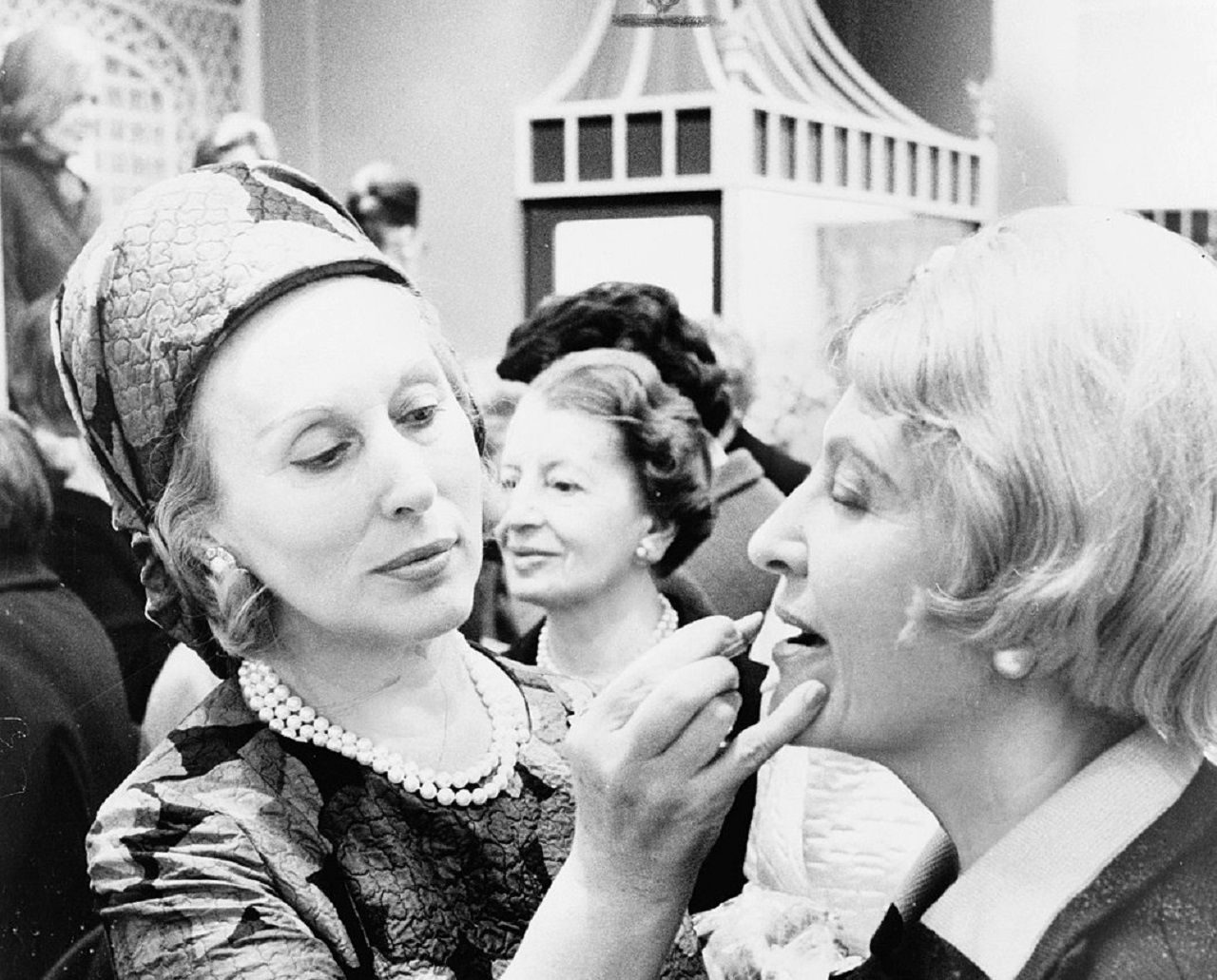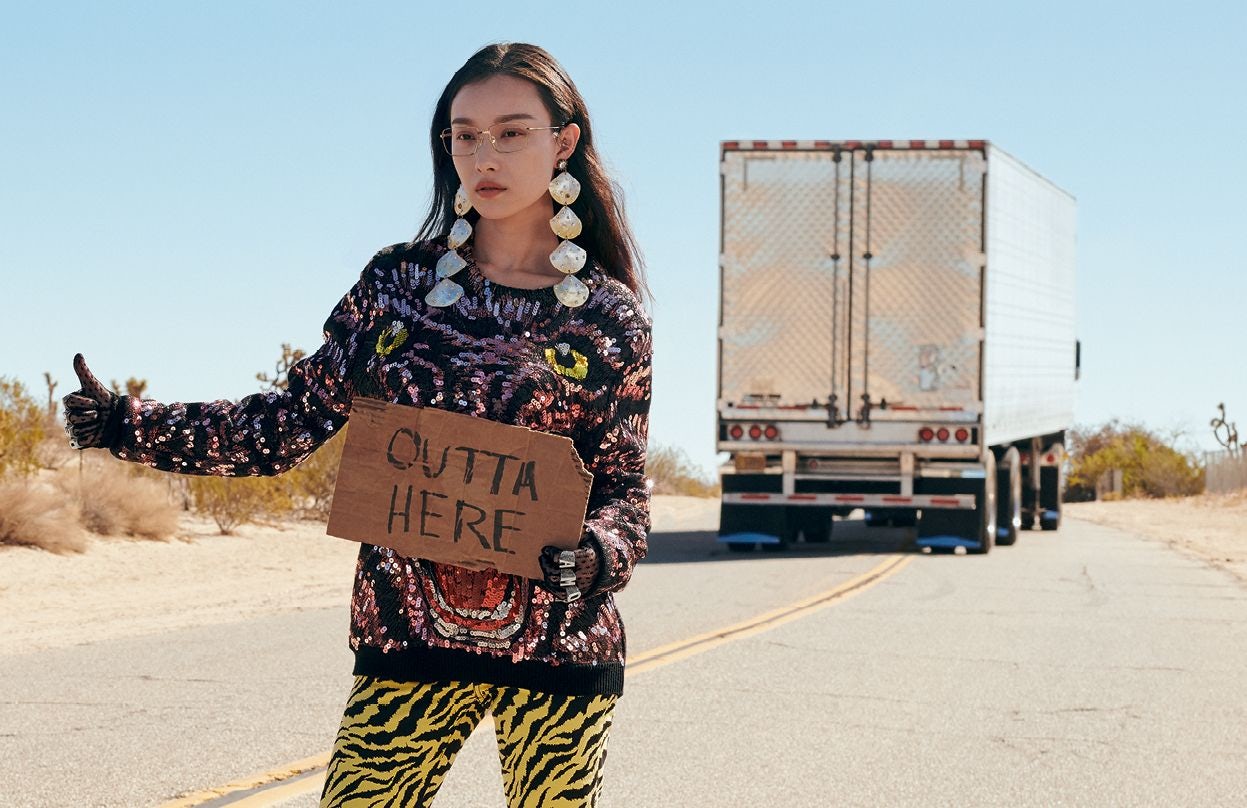According to new research, 84 percent of all premium beauty brand engagement on Weibo is driven by posts featuring celebrities.
Lancôme’s and Estée Lauder’s successful pop idol partnerships are part of what boosted the brands to the top of the firm’s “Digital IQ Index: Beauty China” rankings. In addition to mobilizing famous influencers, the smartest beauty labels are investing in their marketplace visibility and WeChat services.
“This year’s Genius brands effectively leveraged campaigns across channels, driving high social engagement with celebrity promotions that linked to item purchase pages,” said Liz Flora, editor of APAC research at Gartner L2, New York. “They also increased their presence on first-page beauty search results on Tmall, which is surfacing more premium brands and increasingly becoming a first-order product search destination.”
E-commerce opportunity#
Mass beauty brand L’Oreal Paris took the top spot in Gartner L2’s rankings. Joining L’Oreal Paris at the top with “Genius” scores are runner-up Lancôme and Estée Lauder in third place.
Premium labels are turning to Alibaba’s Tmall to reach Chinese shoppers and ramp up their discoverability, with 86 percent of upscale beauty brands selling on the e-commerce platform. L2 also notes that these labels are investing in their Tmall presence with content, marketing campaigns, chatbots and loyalty initiatives.
This is paying off for the category’s leaders, as Estée Lauder and Lancôme were among the bestselling products for Singles’ Day and Lunar New Year.
In April, YSL Beauty launched on Tmall’s Luxury Pavilion and sold more than 4.77 million (30 million yuan) in its first 14 hours. This broke the previously held record from Givenchy Beauty, which generated 29 million yuan in sales in a single day during its debut.
Celebrity is a key growth driver for beauty brands in China. For instance, Estée Lauder products that were mentioned and linked by celebrities saw a 723 percent growth in sales.
Hugely popular in China are pop idols, and their influence also boosts engagement on Weibo.
Lancôme worked with TFBoys member Wang Junkai on a Weibo campaign, generating traffic towards Tmall and consumer interaction. The two posts created with the pop star each saw more than 4 million engagements.
Of the 10 Weibo posts from index brands with the most engagement, nine featured pop idols.
When it comes to luxury on Chinese social media application Weibo, younger consumers are the prevalent force driving usage.
Seventy percent of luxury consumers on Weibo are younger consumers born in or after the 1990s, which is much greater than the percentage of young consumers in the total population, according to a whitepaper from Secoo. Weddings, children, apparel, food, housing, transportation, literature, fun, design, and pets are the leading topics of discussion in the luxury space on the social network.
While Weibo is the most important social media channel for beauty, WeChat serves as a platform for both engagement and e-commerce.
Seventy-eight percent of the index brands have a WeChat mini program, and many of them use it for online stores.
"Brands are operating in a completely different digital ecosystem in China and need unique strategies for local social and e-commerce platforms," Flora said. "These include the established digital channels like WeChat, Weibo, Tmall, and JD.com as well as newer apps popular with millennials and Gen Z like Douyin and Little Red Book."
Slowdown safe#
Gartner L2 notes that Japanese brands have gained ground against Korean labels, as Chinese tourists are not visiting South Korea as much due to geopolitical tensions. Searches for brands such as Shiseido and SK-II were up on Baidu.
Luxury brands saw their stock prices stumble at the start of the year amid concerns that weakening sales of iPhones in China could foreshadow slowed consumer spending in the world’s second-largest economy.
Technology giant Apple announced that its 84 billion in revenues for the quarter ending Dec. 31 would fall short of the company’s projections of up to 93 billion. Since CEO Tim Cook specifically mentioned slumping sales of its high-priced smartphones in China, many investors are worried that sales of luxury goods may further slip amid other economic tensions.
As an accessible luxury category, beauty is poised to weather any potential slowdown in China, as consumers will continue to scoop up affordable products.
Lipstick, in particular, is a popular product, especially for gifting. In 2017, lipstick sales climbed 97 percent.
“Lipstick is popular as an affordable luxury gift in China, especially for the beauty brands owned by major fashion houses,” Flora said. “It’s a way for aspirational middle-class shoppers who can’t afford a 1,200 YSL handbag to own something made by the brand.
“It’s a frequent focus of Chinese beauty bloggers, especially on lifestyle platform RED, where lipstick shades from top brands often become the top trending hashtags on the app,” she said. “Lipstick is a major driver of online beauty sales for luxury brands – YSL Beauty’s lipstick is the de facto ‘girlfriend gift’ in China and takes up 85 percent of the brand’s unit sales on Tmall.”
This post by Sarah Jones originally appeared on Luxury Daily, our content partner site.


